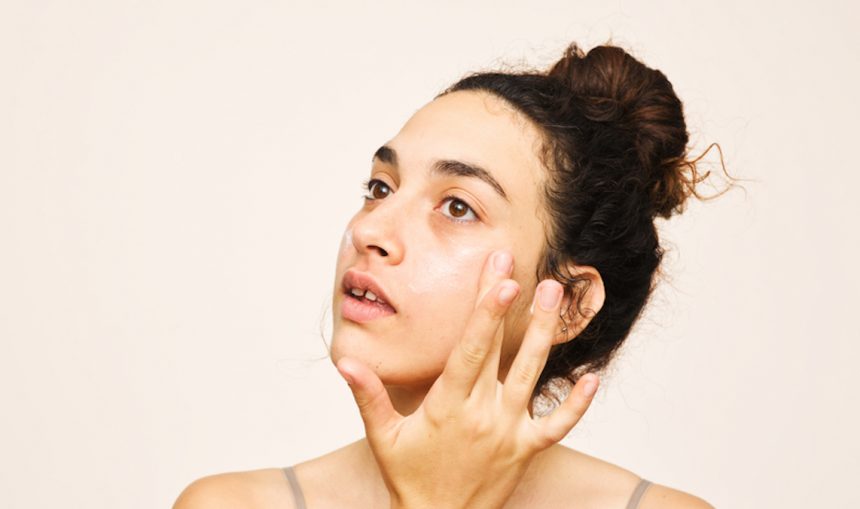As a passionate advocate for retinol, I’ve gained valuable insights into this acne-fighting, skin-brightening ingredient. One key takeaway is that retinol is best used at night to avoid sun exposure. While experts typically advise against using retinol during the day, it’s not entirely forbidden. To shed light on the best practices, dermatologists Joshua Zeichner, MD, Rachel Nazarian, MD, Marisa Garshick, MD, and Daniel Butler, MD share their expert tips on optimizing retinol benefits.
Retinoids, being vitamin A derivatives, are prone to degradation in sunlight, making them less effective and potentially increasing sun sensitivity. However, newer formulations with stabilized retinol allow for daytime use. It’s important to pair retinol with sunscreen to protect the skin from UV damage, as retinol can thin the skin. Moisturizing after using retinol is crucial to maintain skin health and prevent irritation.
Avoid combining retinol with exfoliating acids or other forms of retinoids, as this can lead to irritation. Vitamin C should be used separately from retinol to prevent skin sensitivity. Ultimately, while retinol can technically be used during the day, experts generally recommend night time application for optimal results. Remember to always follow up with sunscreen to protect your skin.






